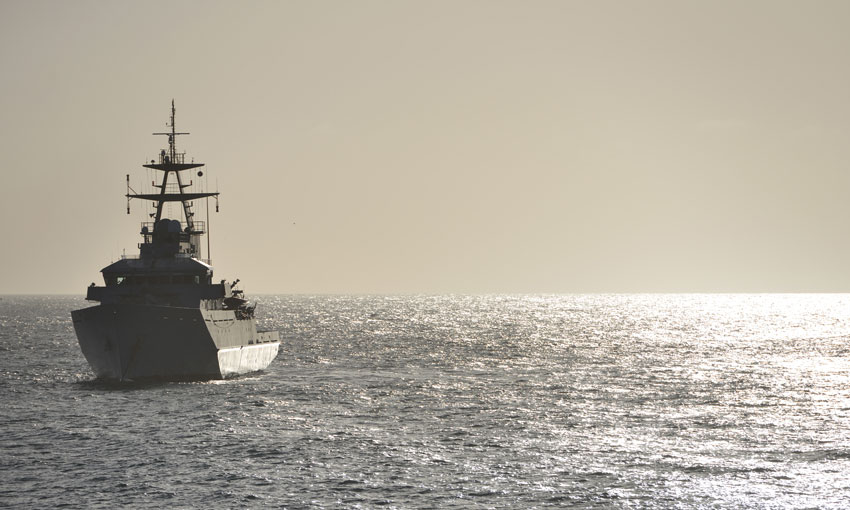COOPERATION between Australian agencies via the Maritime Border Command is helping in the fight against maritime crime.
The MBC is a joint effort entity made up from the Australian Border Force and the Australian Fisheries Management Authority.
Back in mid-June, the fishing vessel FV Cobija was boarded 514 nautical miles south west of the Cocos Keeling Islands in the Indian Ocean, on the high seas, after being sighted by a Royal Australian Air Force maritime patrol aircraft.
The FV Cobija, previously called Cape Flower and Cape Wrath II, is an IUU listed vessel and when boarded by authorities the captain claimed the vessel was registered under the Bolivian Flag.
A request from Australia was made to establish the vessel’s identity, and Bolivia confirmed the FV Cobija had not been flagged to Bolivia since 2019, making the vessel stateless.
Commander Maritime Border Command Rear Admiral Lee Goddard, said the information gathered by MBC and AFMA would be instrumental in shutting down another illegal fishing operation.
“As a result of this activity we have been able to share important information with our international partners,” Rear Admiral Goddard said.
“Stateless vessels operate without governance and oversight to exploit the world’s marine resources.”
AFMA general manager of fisheries operations, Peter Venslovas, said IUU fishing on the high seas was highly organised, mobile and elusive.
“IUU fishing undermines the sustainability of marine resources and threatens world food security,” Mr Venslovas said
“We are urging our regional partners to deny the FV Cobija port access or, where possible, take action under national laws. These efforts work to shut down the vessel’s ability to enter port where it could unload illicit catch and access port facilities to resupply and refuel.”

